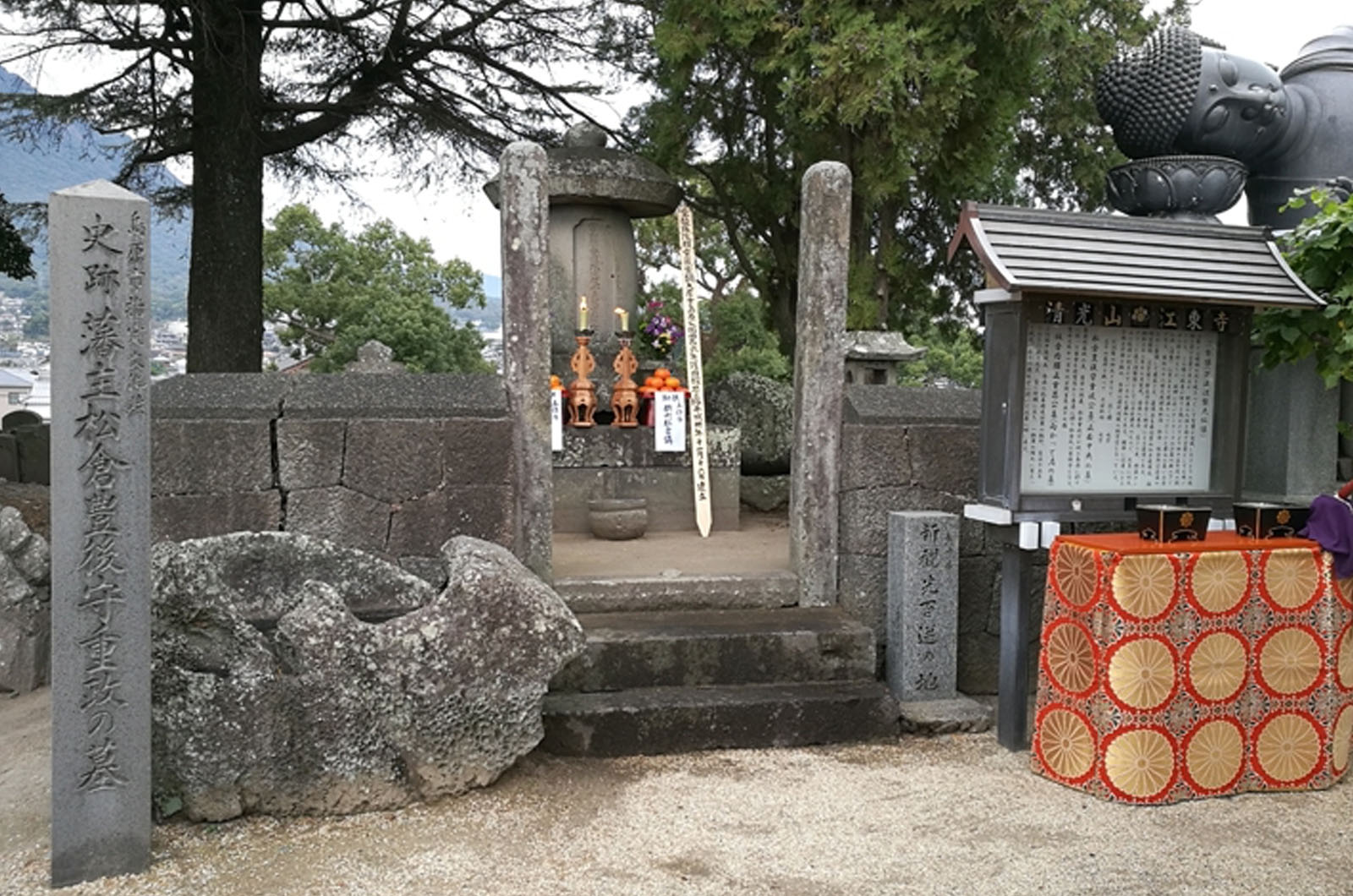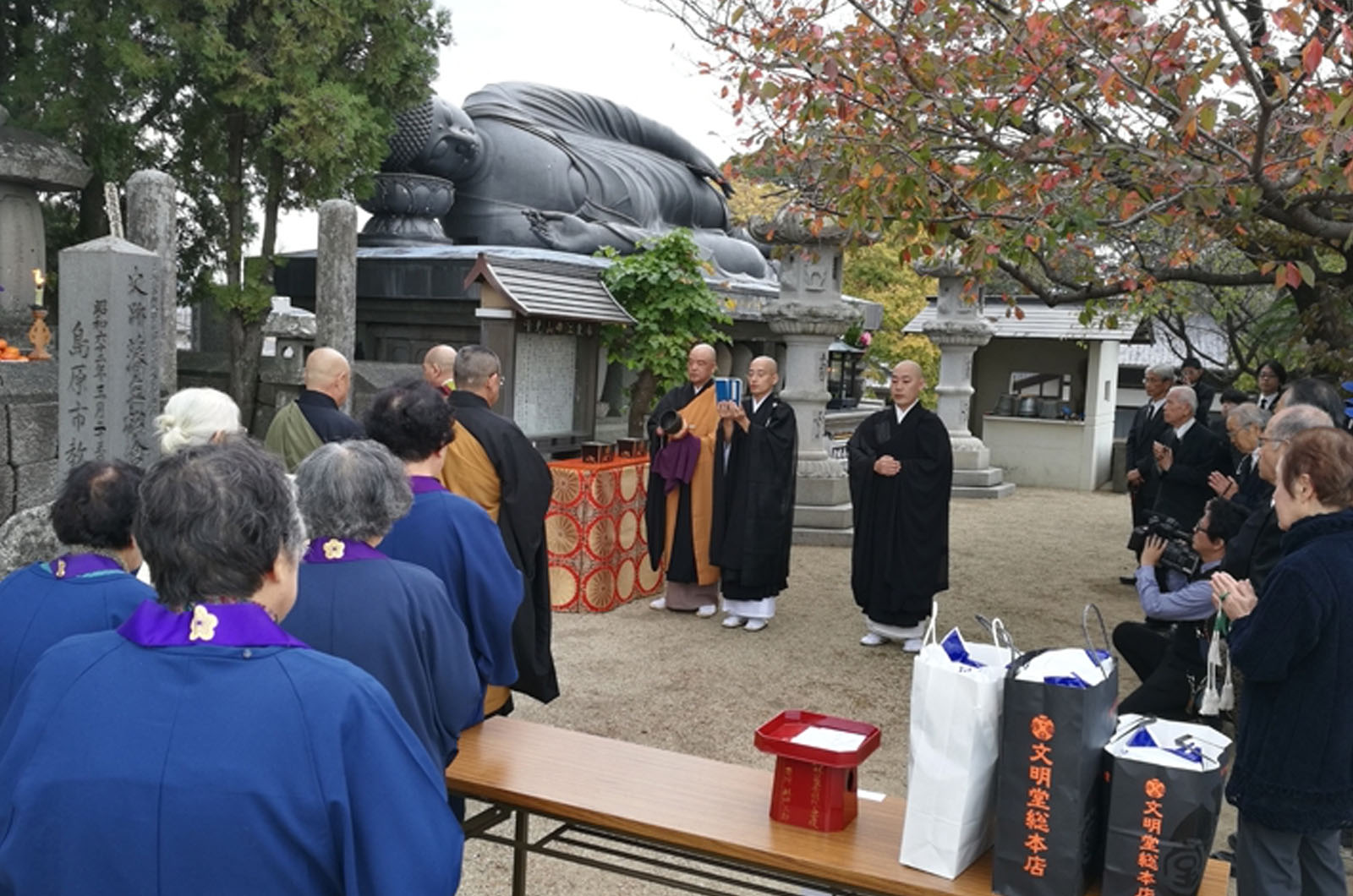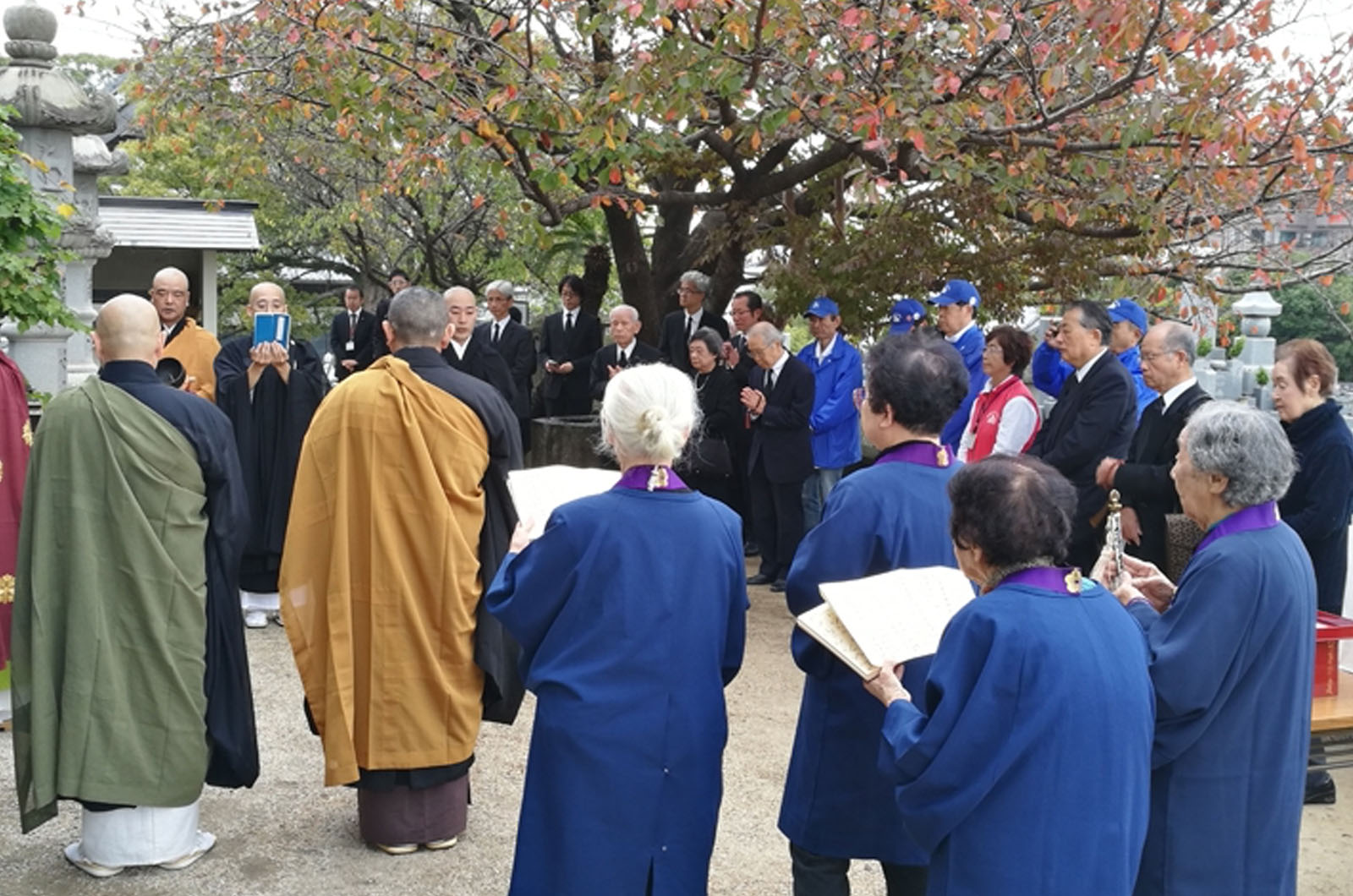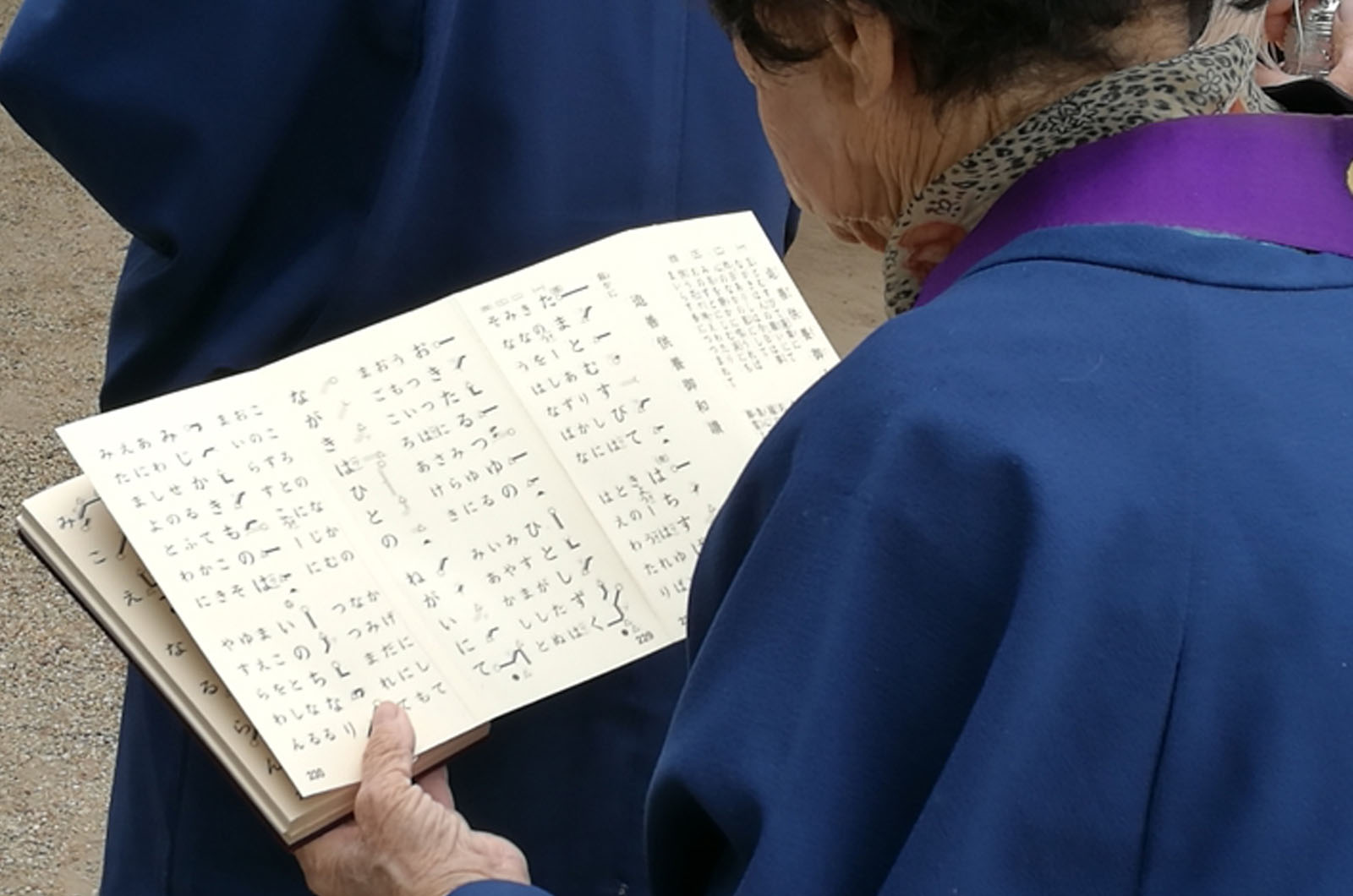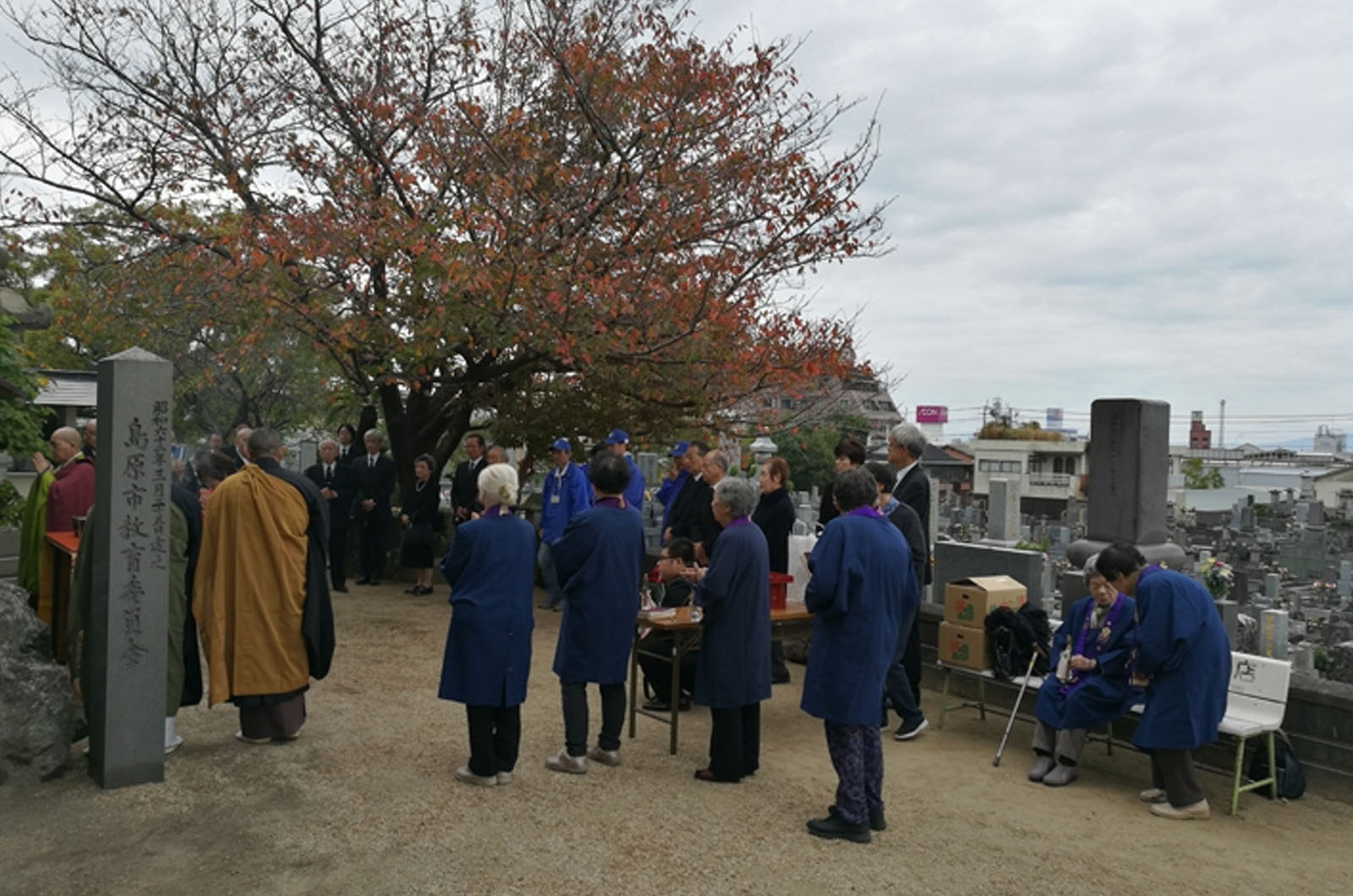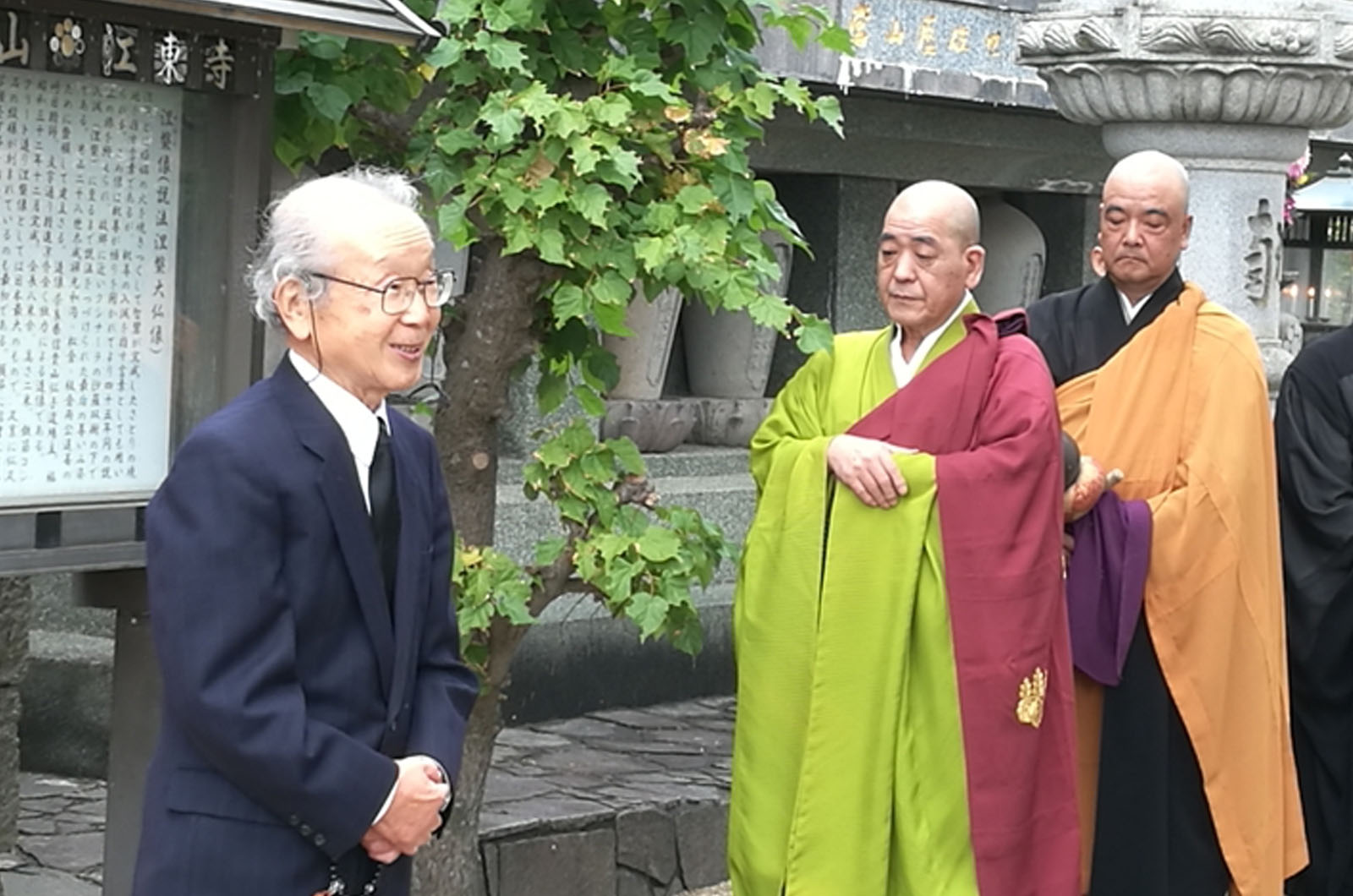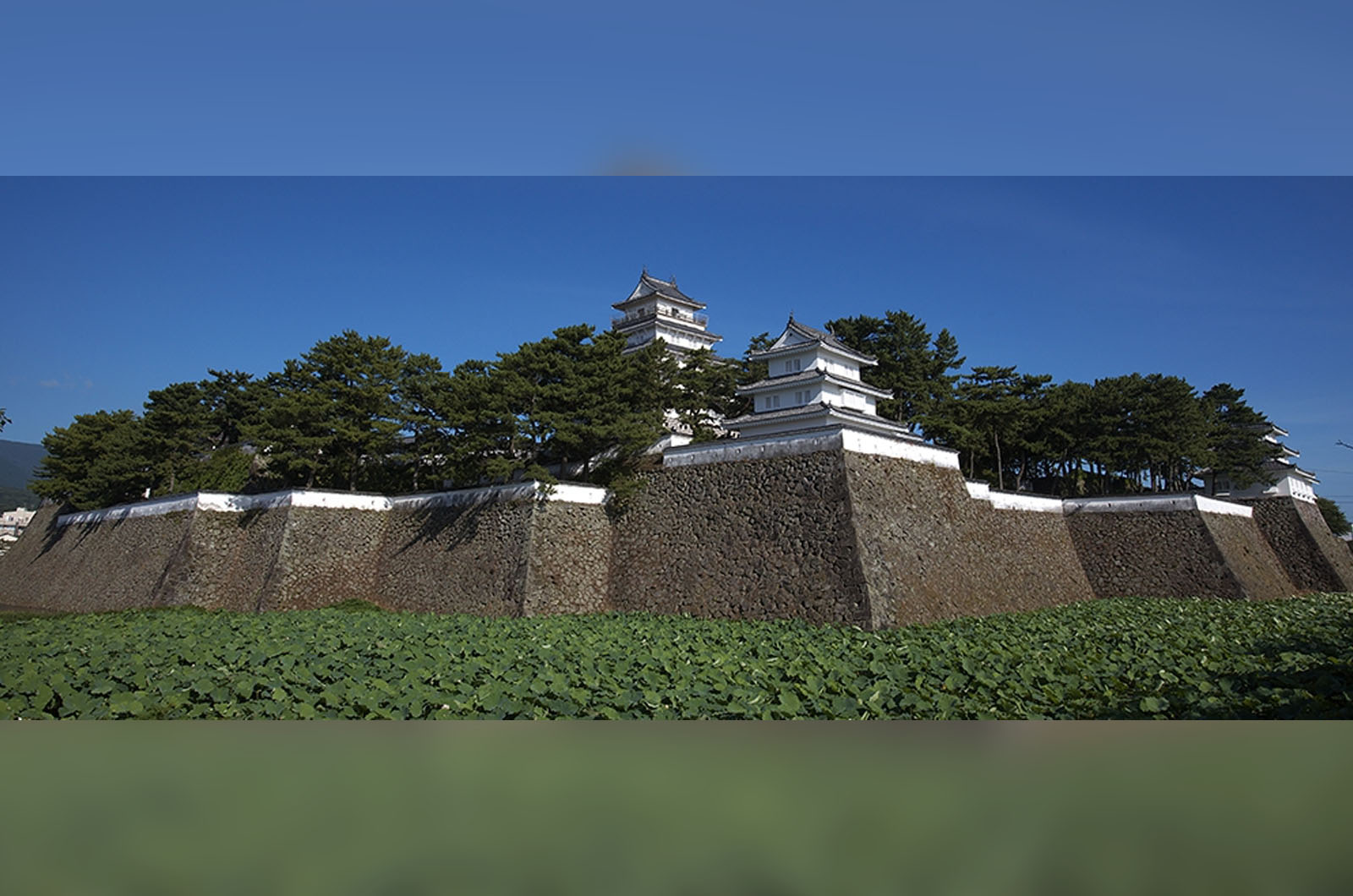
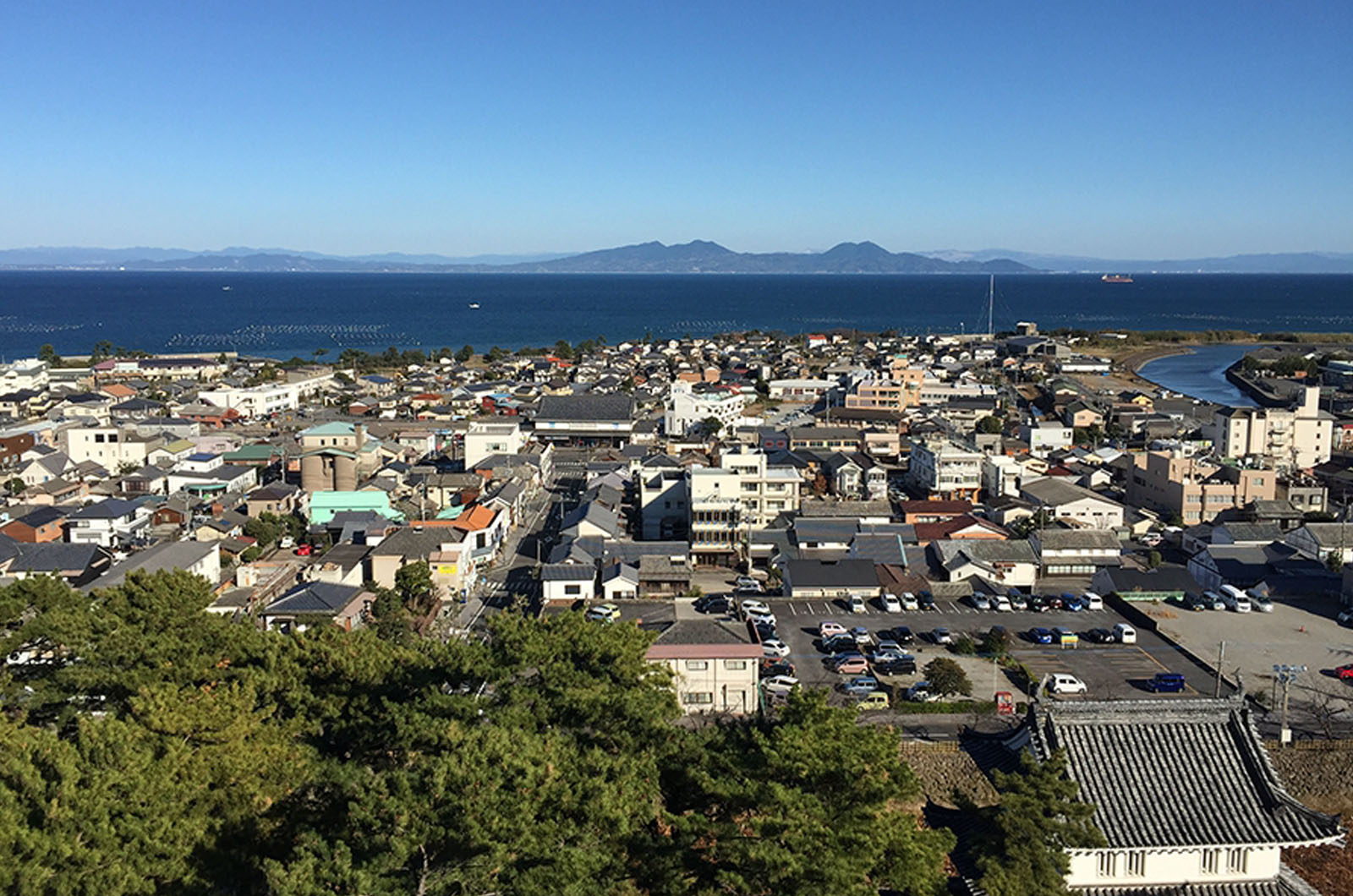
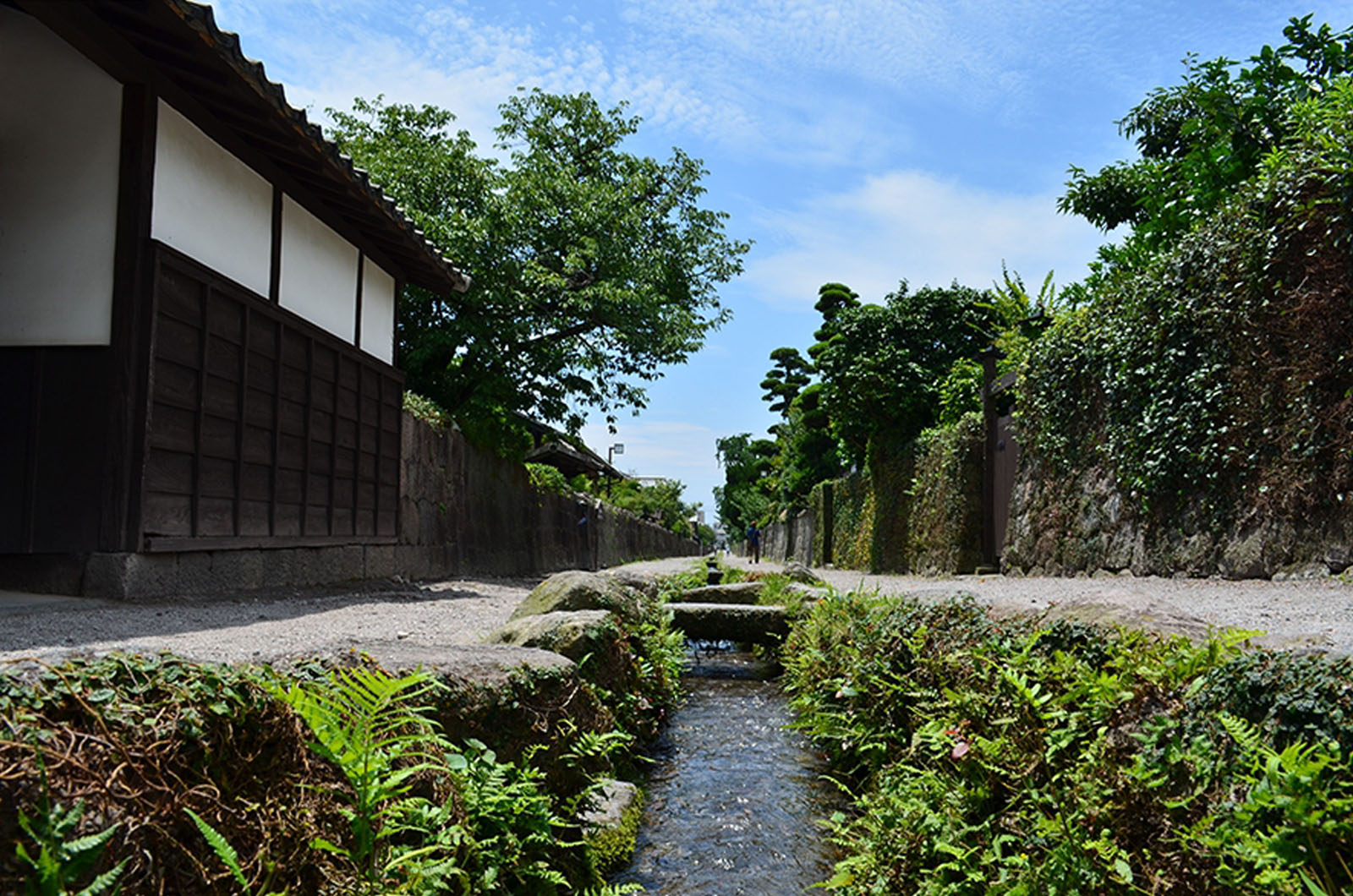
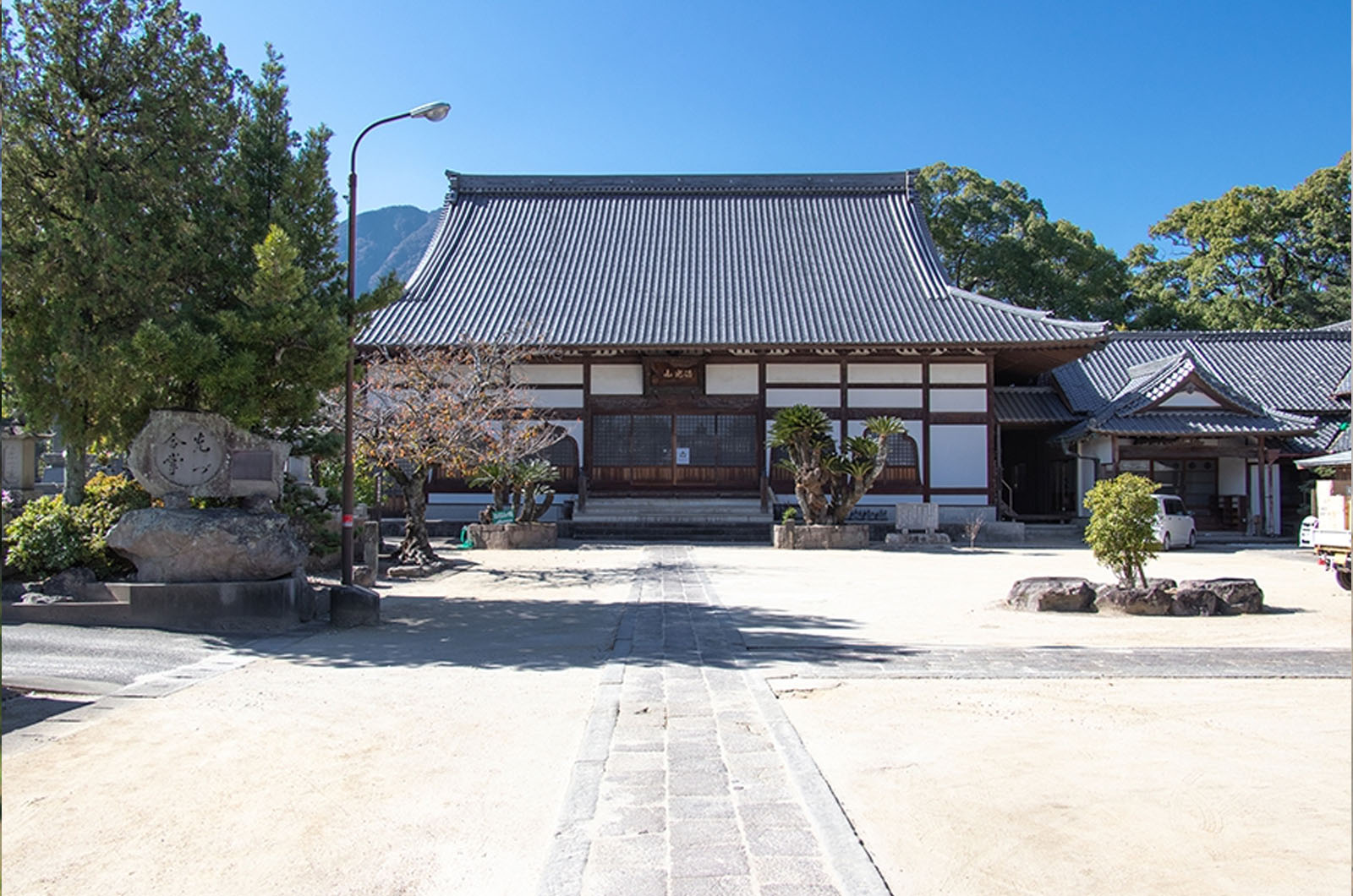
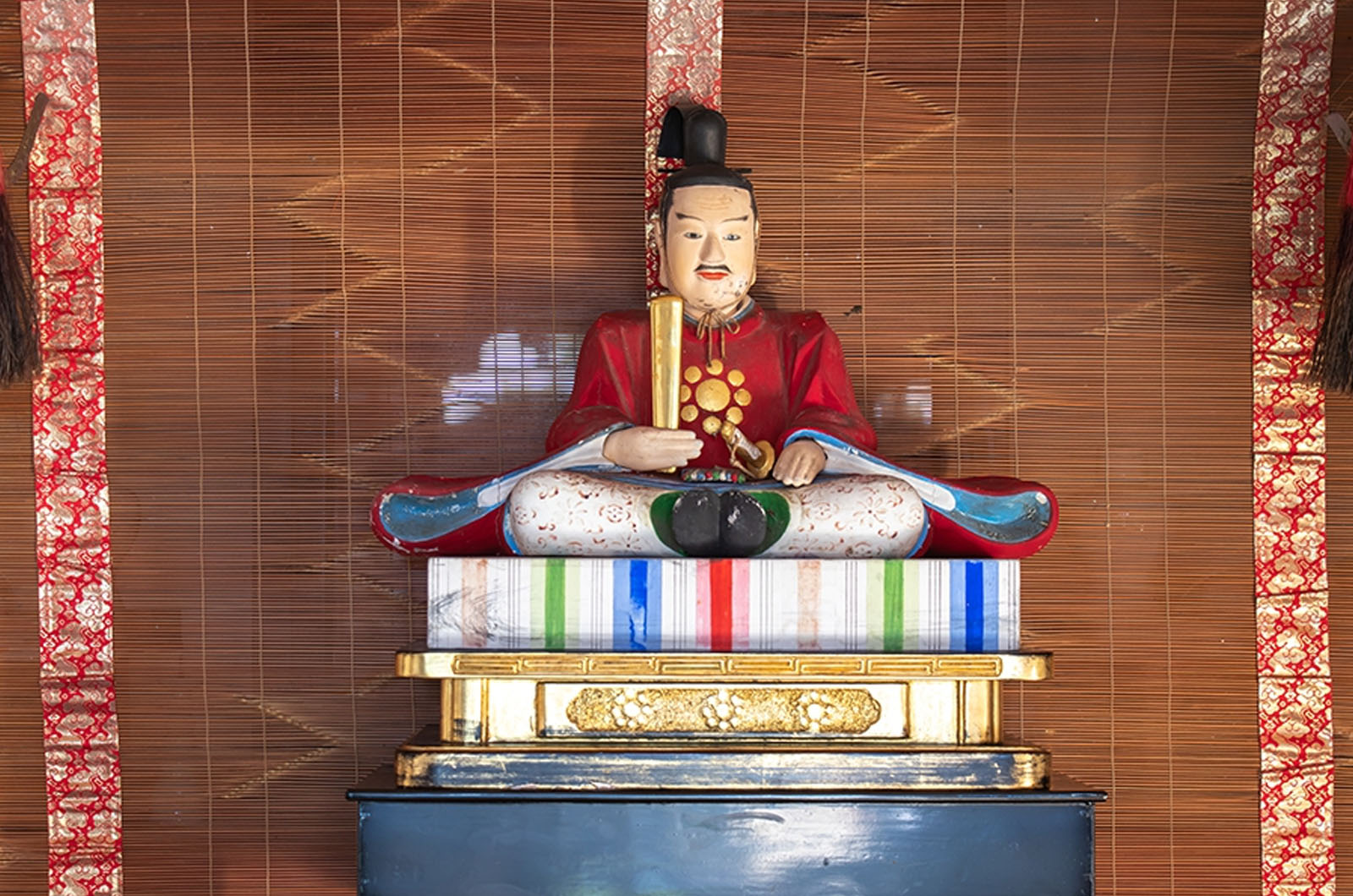
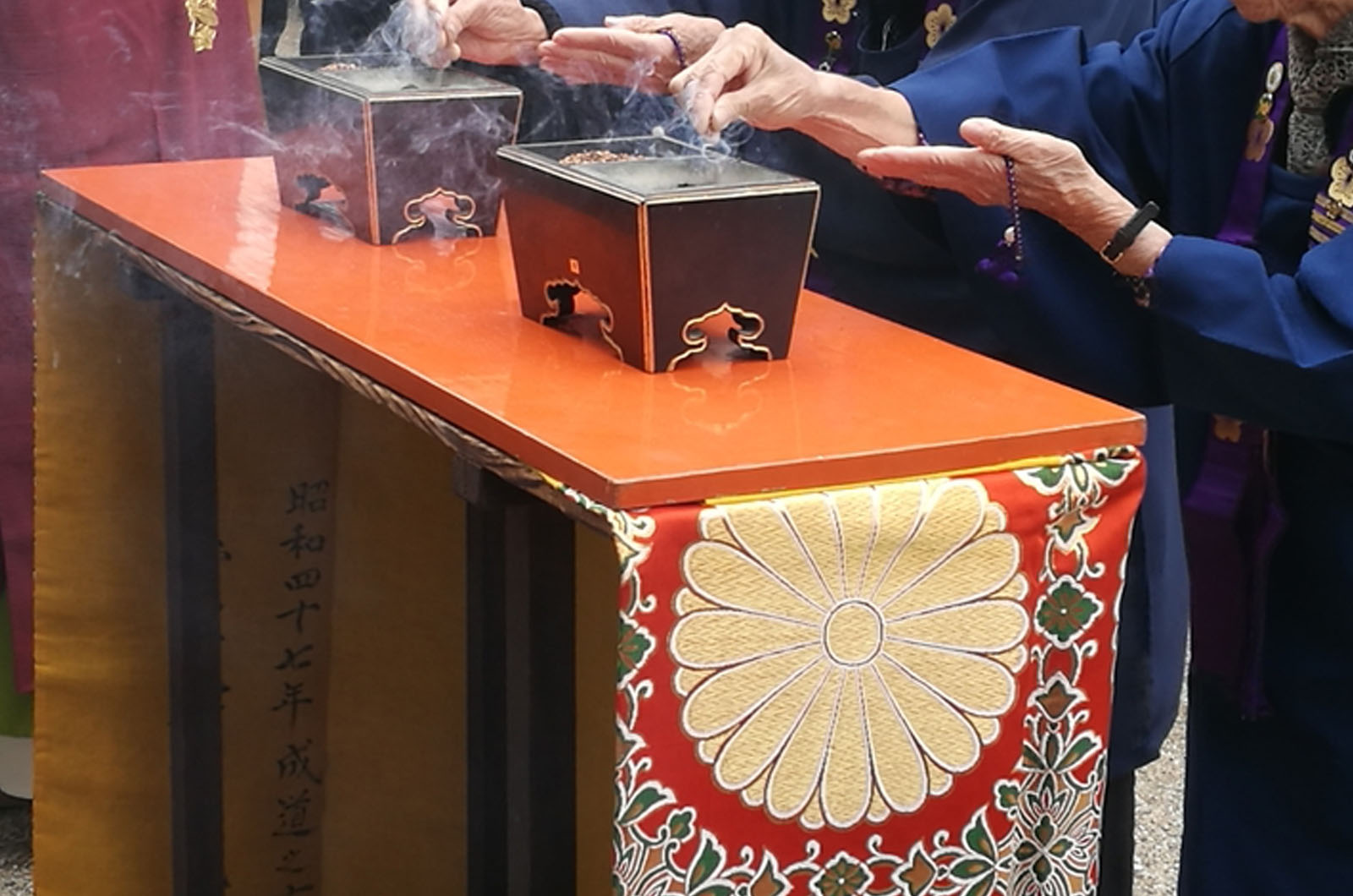
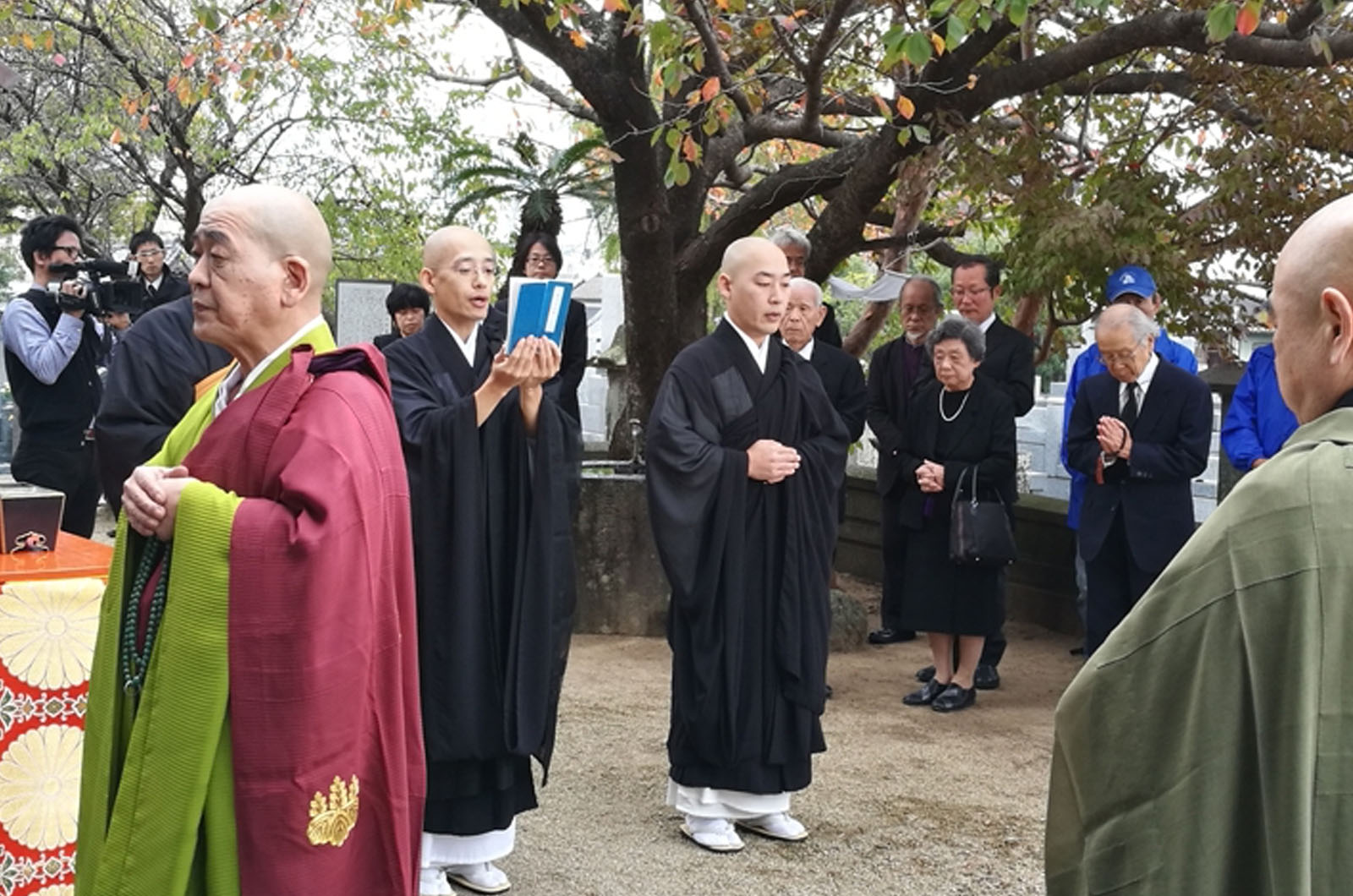
Shigemasa Matsukura, the first feudal lord who opened the town

Shigemasa Matsukura, the lord of the Shimabara domain, is strongly believed to have been responsible for the Shimabara Rebellion (1637~38) that occurred later. However, he is also credited with building the castle town around Shimabara Castle and laying the foundation for Shimabara’s development, and his reputation is still divided.
Shigemasa entered Shimabara in 1616 from Gojo, Yamato Province (Nara Prefecture). Before joining the shogunate, he was awarded 10,000 koku in Gojo, Yamato by Tokugawa Ieyasu for his distinguished service in the Battle of Sekigahara. In Shimabara, he became a feudal lord of 40,000 koku in Takaraigun, Hizen Province.


Shigemasa rode into Shimabara with the zeal of a new feudal lord and began construction of Shimabara Castle in 18. Shimabara was located in the center of the territory and was an important port town in the Ariake Sea traffic. Here, the lord’s residence was moved from Hinoe Castle (Minamishimabara City), which had been in existence since the time of the Arima clan, and a castle town was built to support his reign. It is said to have taken 4~7 years to complete.
The extremely large scale of the town development shows the economic power of Shimabara at that time, when the city was prosperous from overseas trade. Shigemasa expanded the port town to Furumachi, Shinmachi, and Sankai-machi, and then gathered town houses. The castle was built with the fortifications and samurai residences on the north side and the castle tower in the center.
On the other hand, the Shogunate issued an edict in the 12th year of the Tokugawa Shogunate forbidding all Banteren monks from practicing Buddhism. If there is disobedience, the consequences are inescapable. and a total ban on the Christian faith.and banned Christianity altogether. Shigemasa, of course, followed suit, but lay discontent smoldered in the community. During the reign of the second Katsuie, the Shimabara Rebellion occurred, a major upheaval that shook the country.
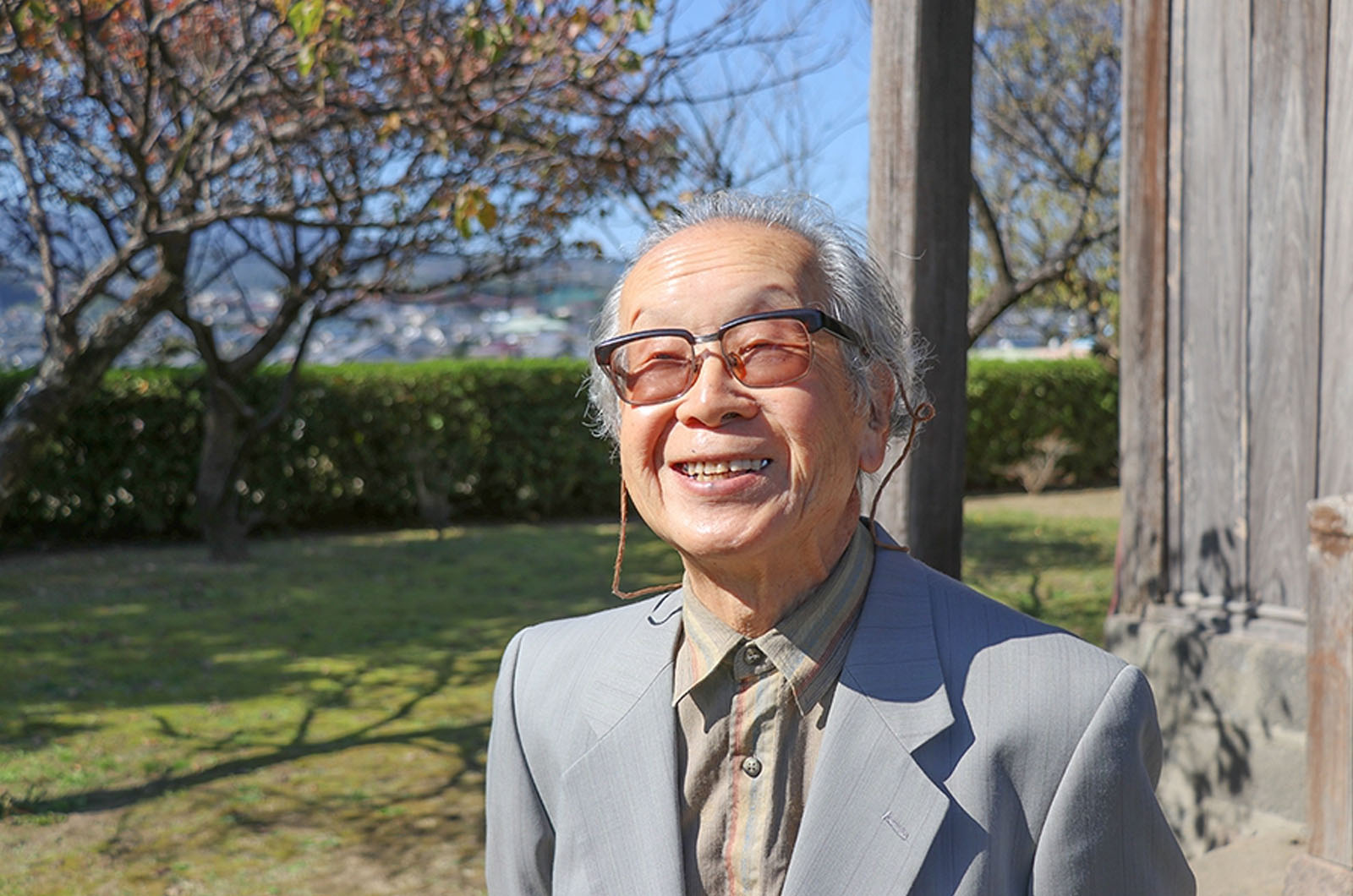
Hayashi Pigichi, the editor of a major book, “History of Shimabara Peninsula,” described Shigemasa as a brave warrior who roamed the battlefields, with a bold and daring personality, but also a pure heart. His attitude toward his subjects was very folksy, and his daily life was extremely simple. If the heavens had given him a few more years of age, what would his accomplishments have been? He passed away at the age of 57. (Takuji Matsuo, Shimabara Castle Museum commentator)
August, 2009 Contributed article to The Nishinippon Shimbun
Event Information
- Date and Time
-
Sunday, November 19, 2023, 10:00-11:00 a.m.
- Venue
-
Seikozan Koto-ji Temple
42 Nakabori-cho, Shimabara City - Hosted by
-
Executive Committee of Memorial Service Commemorating the 400th Anniversary of Lord Matsukura’s Shimabara Castle Construction and the Opening of the Castle Town
- Executive Committee Representative
-
Takuji Matsuo (Shimabara Castle Museum Curator)
Seikozan Koto Temple

清光山・江東寺
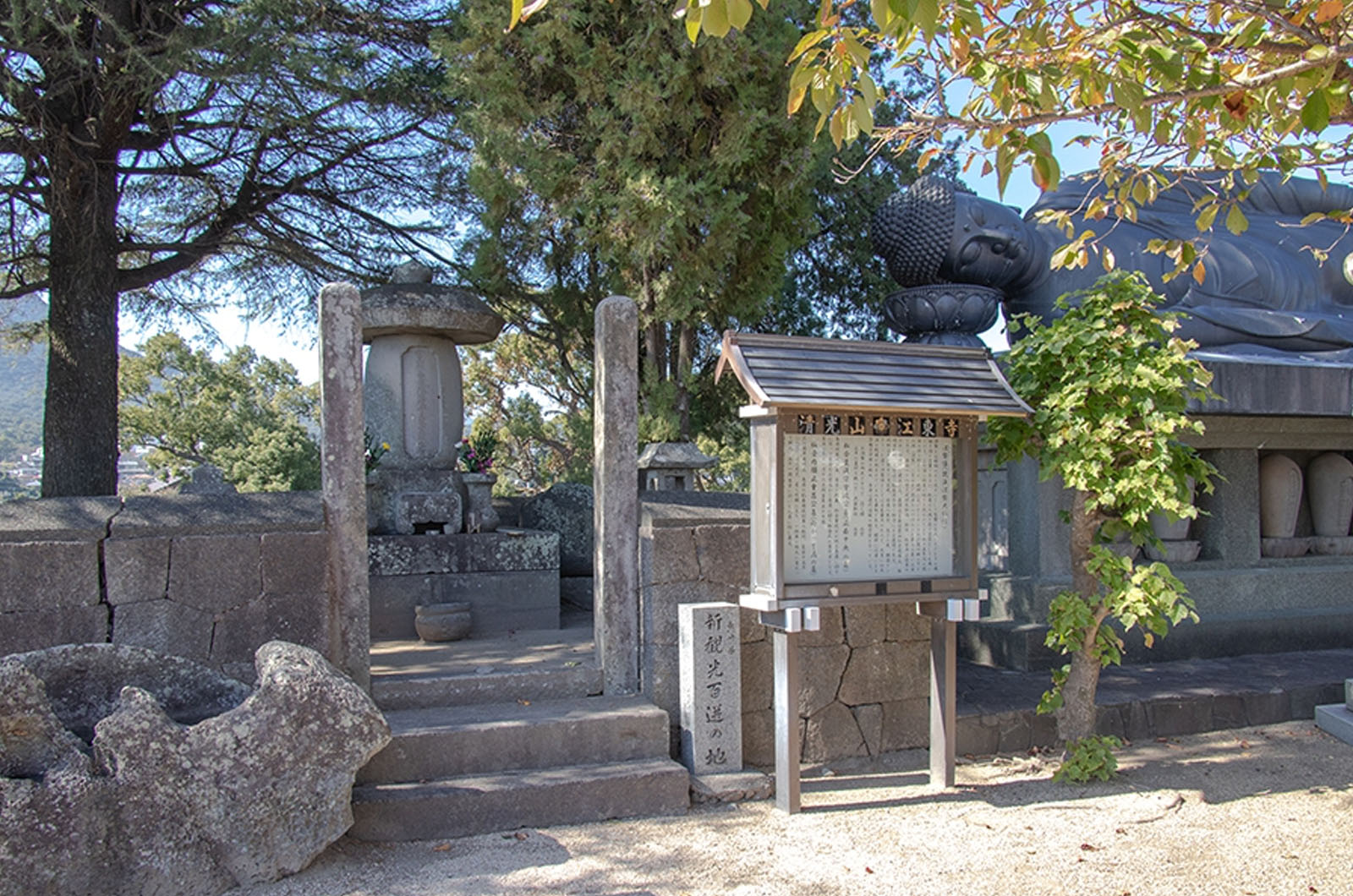
松倉重政の墓とねはん像
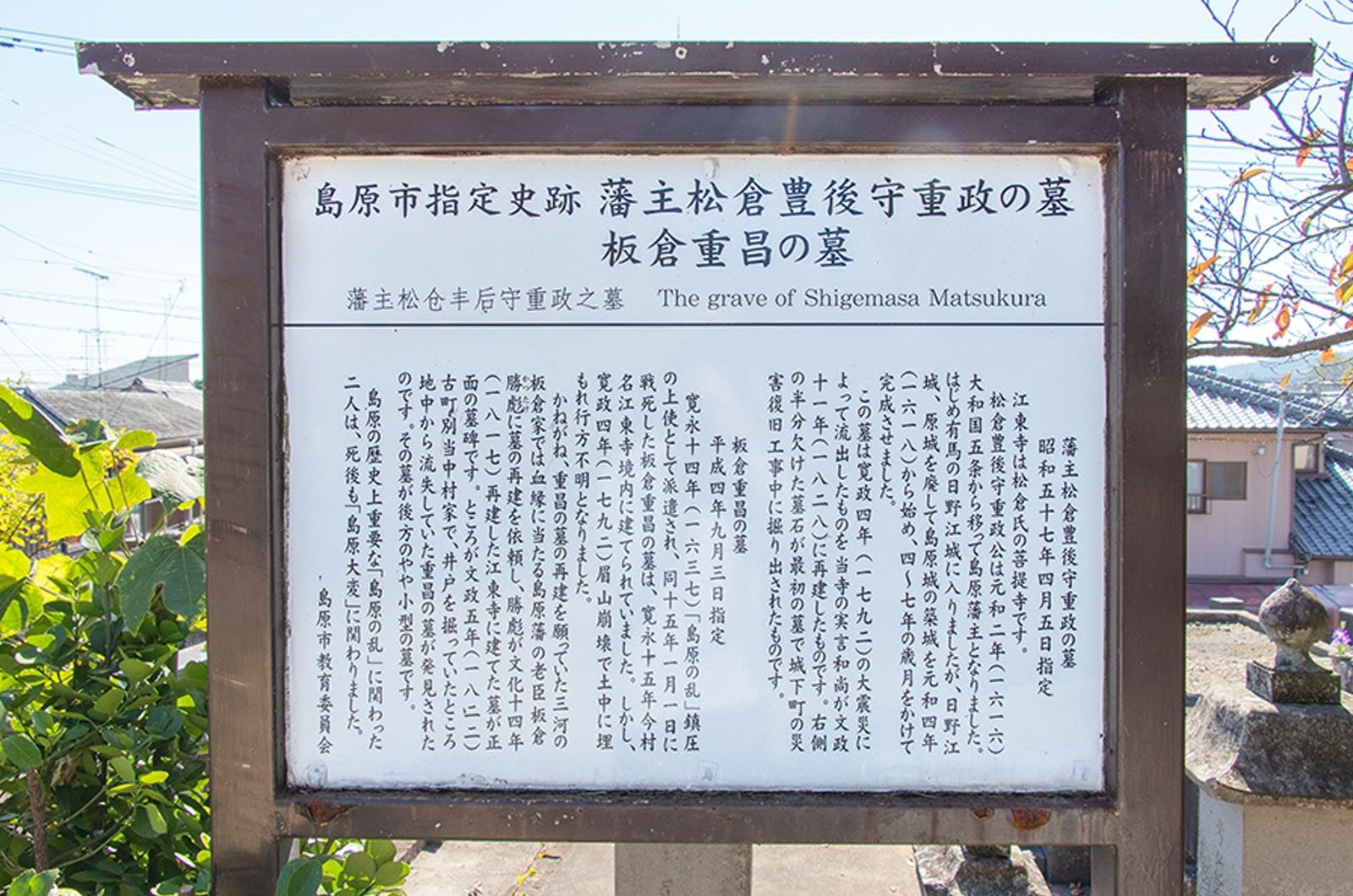
Shimabara Castle
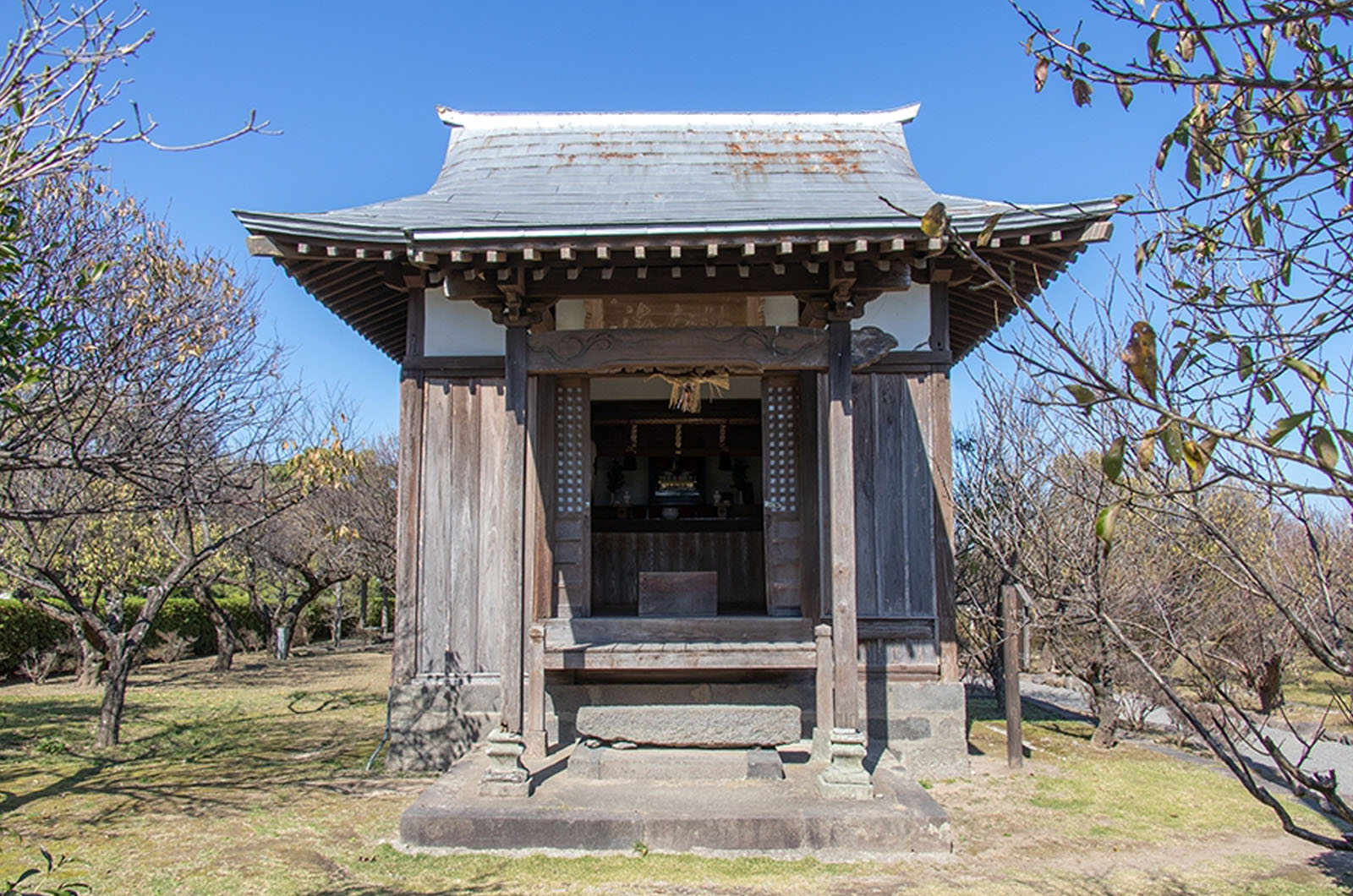
島原城・松倉神社

松倉重政の像
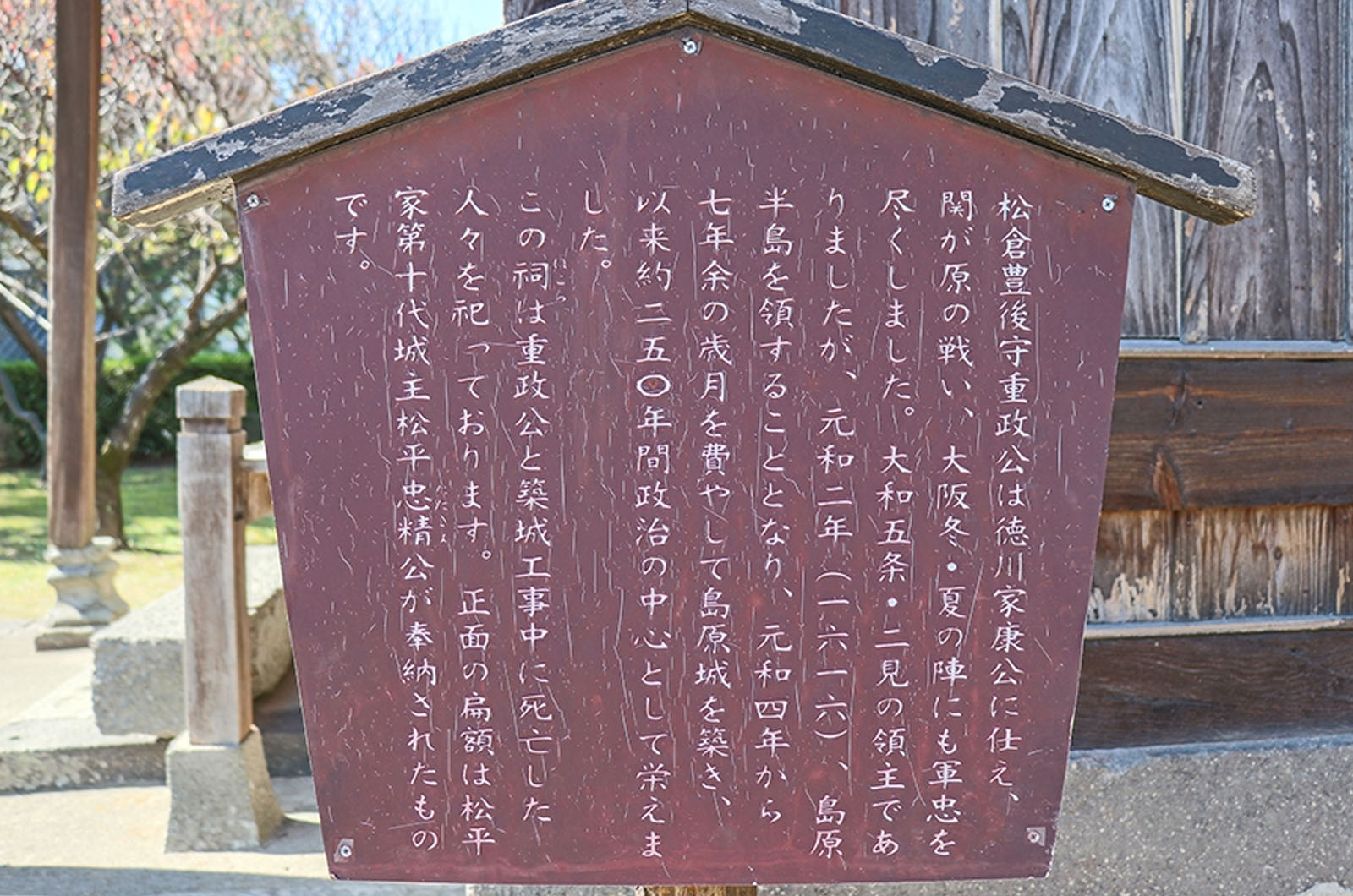
The memorial service
